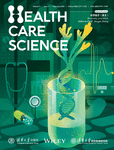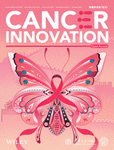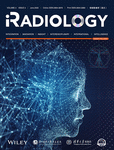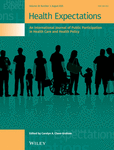Journal list menu
Export Citations
Download PDFs
ISSUE INFORMATION
EDITORIAL
Empowering health care innovations: A look forward into 2024
- Pages: 1-2
- First Published: 22 February 2024
ORIGINAL ARTICLES
A systematic evaluation of the performance of GPT-4 and PaLM2 to diagnose comorbidities in MIMIC-IV patients
- Pages: 3-18
- First Published: 01 February 2024
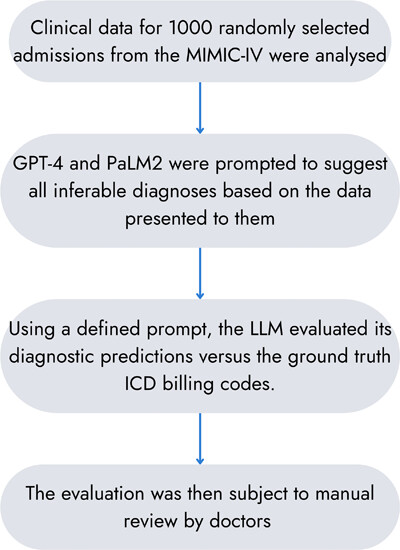
Our objective was to evaluate the diagnostic accuracy of GPT-4 and PaLM2 by assessing their ability to correctly identify diagnoses from real-life Electronic Health Record data. The analysis focused on 1000 randomly selected patient reports generated from the multi-modal time series patient admission data in Medical Information Mart for Intensive Care IV.
GPT-4 and PaLM2 were prompted to suggest all possible diagnoses based on the generated patient report. The ground truth diagnoses were established using the diagnostic billing codes of the same patient. GPT-4 then evaluated the GPT-4/PaLM2 predictions against the ground truth using a defined prompt. Predictions were marked as hits if deemed directly related to ground truth diagnoses. Crucially, doctors then manually reviewed this evaluation to ensure accuracy. GPT-4 achieved 93.8% and PaLM2 achieved 84.7% diagnostic sensitivity.
Learning from socially driven frugal innovation to design the future of healthcare: A case of mobile Primary Health Center
- Pages: 19-31
- First Published: 01 February 2024
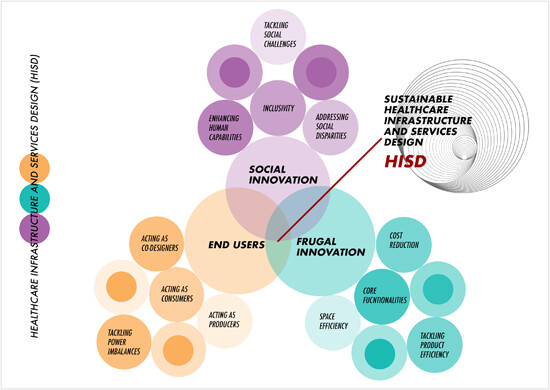
This study highlights the importance of an iterative user-centric approach in building a sustainable healthcare infrastructure. It embodies frugal innovation with cost reduction, prioritizing core functionality and space efficiency by involving end-users as core contributors, testing the infrastructure with stakeholders, and promoting user roles as producers and co-designers to address social challenges and power imbalances. The central finding of this study underscores the vital importance of prioritizing the end user during the creation of sustainable infrastructure promoting social innovation by enhancing human capabilities, inclusivity, and addressing societal disparities.
Assessment of growth monitoring among children younger than 5 years at early childhood development centres in Nelson Mandela Bay, South Africa
- Pages: 32-40
- First Published: 05 February 2024
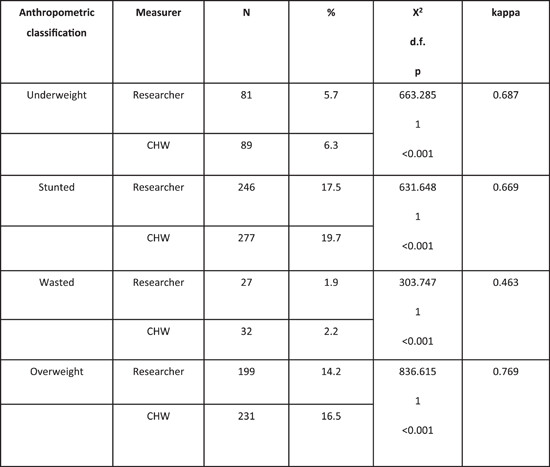
This study aimed to assess the ability of trained early childhood development (ECD) practitioners with optimal support to correctly classify the nutritional status of infants and young children at ECD centres in the Nelson Mandela Bay. A significant level of agreement between the correct interpretation and the ECD practitioners' interpretation was observed across all the anthropometric indicators investigated.
Machine learning in neurological disorders: A multivariate LSTM and AdaBoost approach to Alzheimer's disease time series analysis
- Pages: 41-52
- First Published: 27 February 2024
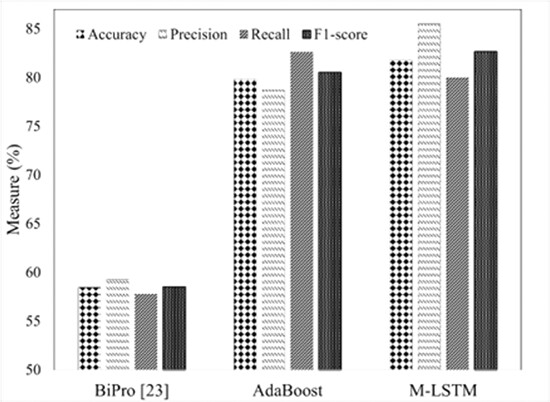
Comparative analysis of Alzheimer's Disease (AD) progression detection methods: This graphical abstract depicts the performance measures of BiPro, AdaBoost, and multivariate long short-term memory (M-LSTM) in terms of accuracy, precision, recall, and F1 score. It highlights the enhanced capability of AdaBoost and M-LSTM over the literature (BiPro) in identifying the progressive stages of AD using time series analysis, demonstrating the potential of these methods in improving early diagnosis and treatment strategies.
REVIEW
Identifying a competency improvement strategy for infection prevention and control professionals: A rapid systematic review and cluster analysis
- Pages: 53-66
- First Published: 04 February 2024
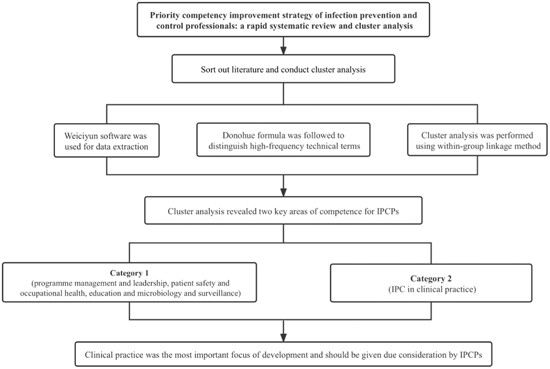
Cluster analysis revealed two key areas of competence for Infection prevention and control professionals (IPCPs): Category 1 (programme management and leadership, patient safety and occupational health, education and microbiology and surveillance) and Category 2 (Infection prevention and control [IPC] in clinical practice). During the coronavirus disease 2019 (COVID-19) pandemic, clinical practice was the most important focus of development and should be given due consideration by IPCPs.
COMMENTARY
Constructing an effective evaluation system to identify doctors’ research capabilities
- Pages: 67-72
- First Published: 01 February 2024




